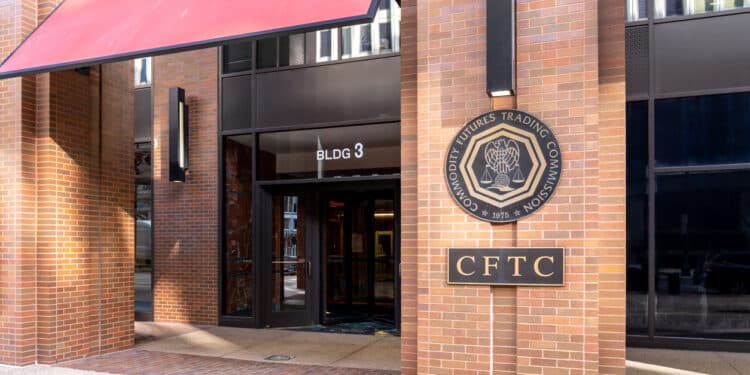On November 19, Better Markets, a non-profit focused on financial reform, released a report “Blow the Whistle: The Importance of the Commodity Futures Trading Commission’s Whistleblower Office” highlighting the financial crisis threatening the hugely successful CFTC Whistleblower Program.
Created with the passage of the Dodd-Frank Act in 2010, the CFTC Whistleblower Program has steadily grown into a critical enforcement tool. According to the CFTC Whistleblower Office’s latest annual report, whistleblowers are involved in 42% of all of the Commission’s enforcement matters.
“The CFTC’s Whistleblower Office has played a pivotal role in exposing wrongdoing that undermines the fairness and integrity of the commodities and derivatives markets,” said Cantrell Dumas, Better Markets’ Director of Derivatives Policy. “This vital tool has helped bring to light misconduct that might otherwise have remained hidden. Since its inception after the 2008 financial crisis, the office has led to over $3.2 billion in collected penalties and a significant increase in enforcement actions.”
The program is in danger of being a victim of its own success, however. When it established the program, Congress placed a $100 million cap on the fund used to finance the CFTC Whistleblower Office and pay out whistleblower awards. This fund is entirely financed by sanctions collected through the program, but any sanctions that would exceed the cap are instead placed into the U.S. Department of the Treasury’s general fund.
Thus, while the program has collected billions of sanctions, only a small percentage of that is placed into the fund. And large sanctions also mean large awards (whistleblowers are eligible for awards of 10-30% of the sanctions collected in the action aided by the disclosure). Due to the cap on the fund, large awards therefore threaten to completely deplete the fund.
“It’s essential that all stakeholders recognize the importance of securing sustainable funding for the Whistleblower Office,” says Dumas. Ensuring the continued operation of this office isn’t just about funding a program. It’s about upholding the principles of accountability and transparency that are the foundation of our financial system. It’s in the best interest of everyone that this office remains robust and effective.”
The Better Markets’ report highlights the need for long-term reforms to address the CFTC Whistleblower Program’s funding crisis. One such reform is a raise on the fund’s cap. This reform is included in the bipartisan CFTC Whistleblower Fund Improvement Act of 2023.
“The bipartisan Whistleblower Fund Improvement Act will ensure that the CFTC whistleblower program will not be a victim of its own success and can continue to help root out fraud in the U.S. derivatives markets,” wrote whistleblower attorney Stephen M. Kohn in a previous article calling for the passage of the bill.
Another reform highlighted Better Markets is the creation of a separate fund used to finance the operations of the CFTC Whistleblower Office. This ensures that the program can continue to function even if a large award depletes the award fund. Congress instituted this reform in a 2021 emergency bill, but it expired at the end of September.
National Whistleblower Center (NWC) is calling on Congress to immediately pass emergency legislation to extend the separate funding for the CFTC Whistleblower Office in order to ensure this vital program does not become a victim of its own success.
NWC has set up an Action Alert allowing whistleblower supporters to write to their members of Congress calling for immediate action on the issue.
Join NWC in Taking Action:
Save the CFTC Whistleblower Program from Financial Collapse
Further Reading:
Blow the Whistle: The Importance of the Commodity Futures Trading Commission’s Whistleblower Office”
CFTC Whistleblower Program Doomed Without Congressional Intervention




